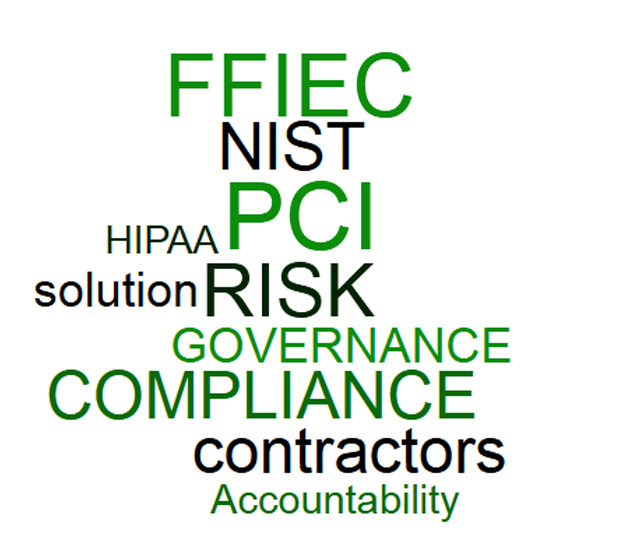We can assist you with:
HIPAA - Full Information
To improve the efficiency and effectiveness of the health care system, the Health Insurance Portability and Accountability Act of 1996 (HIPAA), Public Law 104-191, included Administrative Simplification provisions that required HHS to adopt national standards for electronic health care transactions and code sets, unique health identifiers, and security. At the same time, Congress recognized that advances in electronic technology could erode the privacy of health information. Consequently, Congress incorporated into HIPAA provisions that mandated the adoption of Federal privacy protections for individually identifiable health information.
The Payment Card Industry Data Security Standard (PCI DSS) applies to companies of any size that accept credit card payments. If your company intends to accept card payment, and store, process and transmit cardholder data, you need to host your data securely with a PCI compliant hosting provider.
All Department of Defense (DoD) contractors that process, store or transmit Controlled Unclassified Information (CUI) must meet the Defense Federal Acquisition Regulation Supplement (DFARS) minimum security standards by December 31, 2017 or risk losing their DoD contracts.
FFIEC compliance is conformance to a set of standards for online banking issued in October 2005 by the Federal Financial Institutions Examination Council (FFIEC). The standards require multifactor authentication (MFA) because single-factor authentication (SFA) has proven inadequate against the tactics of increasingly sophisticated hackers, particularly on the Internet.
Compliance Deliverables-
No matter the framework, PAconnect identifies gaps between your current policies, procedures, systems, and applications relative to your compliance requirements. The results of the analysis are used to create recommendations to assist with the remediation efforts required to reduce gaps and achieve compliance.
Following delivery of the final report, PAconnect provides you with your customized roadmap to compliance. The roadmap takes into consideration the controls that need to be addressed to lower risks and address compliance deficiencies.



